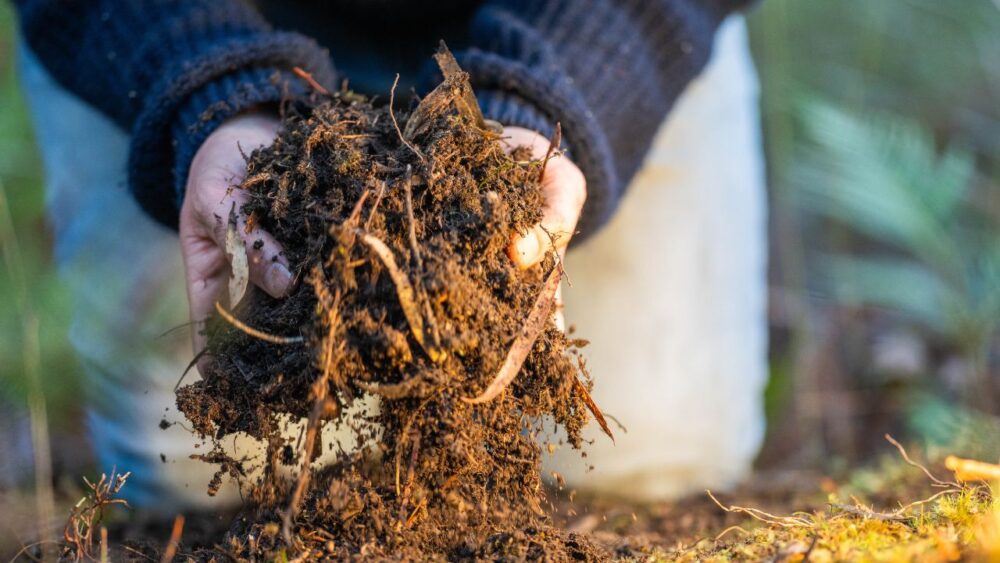The Texas House has given strong bipartisan support to a bill that would expand research into regenerative agriculture, signaling a shift toward science-backed solutions for the state’s struggling farmers.
House Bill 5339, introduced by Rep. Terry Wilson (R-Georgetown), passed its second reading in the House on May 6 with a vote of 129-12. The vote moves the bill closer to final House passage before it heads to the Senate for consideration.
The second reading is a critical juncture in the Texas legislative process. The Texas AFL-CIO website explains, “The first time a bill is debated on the House floor is called the ‘second reading.’ This is when members debate the bill and propose amendments, which are passed with a simple majority of present and voting members. Each amendment is voted on separately.”
The measure would establish a Higher Education Regenerative Agriculture Grant Program to be administered by the Texas Higher Education Coordinating Board. The program would fund public colleges and universities to conduct research and offer technical assistance on regenerative agriculture methods, which the bill defines as holistic farming techniques aimed at restoring soil health, boosting water retention, and improving resilience to drought and flooding.
“HB 5339 is a win for Texas farmers and ranchers who are seeking real tools to restore their soil and ensure they can keep producing for generations to come,” said Judith McGeary, executive director of the Farm and Ranch Freedom Alliance (FARFA), a nonprofit supporting independent farmers and ranchers in Texas.
“We’re proud to see the Legislature investing in research that is independent, practical, and focused on what works on the ground,” added McGeary.
Texas has lost nearly 18,000 farms in the last five years, according to FARFA.
According to the House committee report, HB 5339 would support studies on regenerative techniques that enrich beneficial soil microbes, reduce pesticide dependency, and enhance crop yields through bioremediation. Grants would also help educate students, rural communities, and agricultural producers on soil health and other regenerative principles.
The bill defines regenerative agriculture as a combination of techniques tailored to local conditions, including maintaining living roots in the soil year-round, minimizing soil disturbance, promoting biodiversity, maintaining soil cover, integrating livestock, and adapting practices to fit local ecosystems and farm needs.
The program would cost an estimated $348,557 in fiscal year 2026 and $328,557 in subsequent years to cover staffing and operations, according to a fiscal note from the Texas Higher Education Coordinating Board. That includes funding for a program director, a manager, a program specialist, and partial support from a database administrator. The total cost of the grants would depend on available funding and the number of participating institutions.
“Texas agriculture has been facing mounting challenges,” FARFA noted in a media advisory following the vote. “Topsoil continues to erode at alarming rates. Water access is becoming increasingly limited as farms compete with growing urban populations.”
FARFA applauded the bipartisan support for the bill and urged the Texas Senate to act swiftly.
“FARFA applauds the leadership of Rep. Wilson and all members who voted to support this forward-looking, farmer-driven initiative,” McGeary said. “As the bill moves to the Senate, FARFA urges continued bipartisan support to ensure this legislation reaches Governor Abbott’s desk.”


